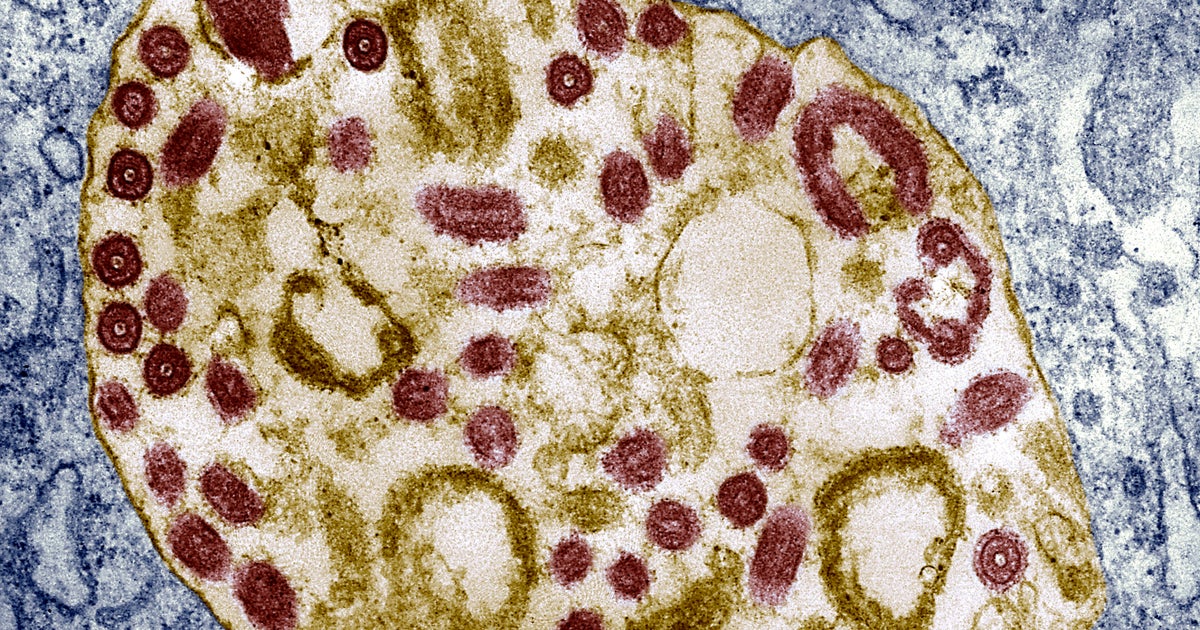The founder of a book festival celebrating black authors has said they are “forced” to pave their own way into the publishing world because of a lack of diversity within the industry.
Selina Brown, a self-published children’s author, founded the Black British Book festival in 2021 owing to the struggles she and other black authors faced in pursuing and sustaining a career in the publishing industry.
The festival, which organisers claim is the only one of its kind in Europe, is expected to attract about 4,000 people on Saturday at the Barbican Centre in London. Headline speakers include the Grammy award-winning rapper Eve, the MP Diane Abbott, journalist Charlene White and TikTok star Big Manny.
Speaking before the festival, Brown, who recently secured a two-book deal with Penguin Books, told the Guardian an increasing number of people from marginalised communities are taking non-traditional routes into the publishing industry as traditional avenues are not accessible to them.
“There is still a lot of work to be done. In order to access traditional publishing, you have to go through the literary agents, they are literally the gatekeepers,” she said.

“That is why we’re seeing the rise of self-publishing, the rise of hybrid publishing, the rise of people being on social media … You are forced to take a different route because the route that you are trying is just not feasible.”
Brown said Big Manny’s unconventional journey into the publishing industry demonstrated changing patterns. Big Manny, whose real name is Emmanuel Wallace, published his debut book Science is Lit with Penguin in August.
Wallace grew an audience on TikTok after sharing videos of science experiments he undertook in his back garden. He now has almost 2 million followers.
“You can pave a way in this industry by not following the blueprint,” Brown said. “People want to access content that speaks their language, that resonates with them, that they can feel a connection to.”
After the murder of George Floyd in 2020, the glaring inequality within British publishing came under the spotlight.
Authors including Malorie Blackman and Matt Haig took part in the #Publishingpaidme trend that exposed the disparities in what black and white writers are paid.
However, four years on, Brown said more still needed to be done.
“People have told me how they got a literary agent around the time of the George Floyd murder, only to find, when it all kind of blew over, they dropped the person,” she said.
Brown called for publishers to take action to attract readers from marginalised communities. “That requires you to have a deliberately diverse marketing team, PR team and editors in order to speak directly to that market,” she said.
Penguin Random House, the UK’s largest book publisher, released a report last year that found black and Asian authors, illustrators and contributors at the publisher were underrepresented by 1.4% and 0.8% respectively.
Although there was a slight increase in the proportion of colleagues who identified as black, Asian and minority ethnic, the publisher was still behind the UK benchmark.
Tickets for the festival have sold out but Brown said there were free workshops and activities available for people to participate in.
“There’s going to be something for everyone, and we’ve curated that deliberately because we want everyone to feel that this festival is for them,” she said.
Penguin has been approached for comment.

 By The Guardian (World News) | Created at 2024-10-02 16:15:21 | Updated at 2024-10-02 18:17:24
2 hours ago
By The Guardian (World News) | Created at 2024-10-02 16:15:21 | Updated at 2024-10-02 18:17:24
2 hours ago



